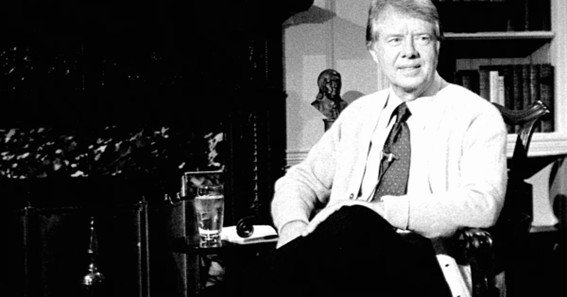If you’ve ever asked yourself whic presidental was honest, one name invariably rises to the top of the discussion: Abraham Lincoln, the 16th President of the United States. Famously nicknamed “Honest Abe,” Lincoln’s reputation for integrity, empathy, and strong moral principles has become a defining part of his enduring legacy.
In this comprehensive blog, we’ll explore the origins of his honest reputation, highlight key moments in his presidency, and address common questions regarding his honesty and leadership.
The Legacy of “Honest Abe”
Abraham Lincoln’s nickname, “Honest Abe,” wasn’t just a catchy moniker—it was a reflection of his personal ethos and political conduct. Here’s why Lincoln is often cited as the most honest U.S. president:
-
Early Beginnings
- As a young man in New Salem, Illinois, Lincoln worked multiple jobs. Stories abound of him walking miles to return a few cents to customers he accidentally overcharged.
- This sense of moral responsibility and accountability became the bedrock of his personal and professional life.
-
Political Career
- Lincoln’s early career as a lawyer was marked by fairness and straightforwardness. He was known to refuse cases he believed lacked moral or legal merit.
- In the Illinois State Legislature and later in Congress, he developed a reputation for frank speech and transparent dealings.
-
Presidency During Turmoil
- Elected in 1860, Lincoln led the U.S. through the Civil War—a time requiring extraordinary leadership and moral clarity.
- His Emancipation Proclamation, while controversial at the time, is viewed by many historians as a bold moral stance against the institution of slavery.
-
Personal Ethics
- Contemporaries frequently remarked on Lincoln’s humility, compassion, and empathetic nature, which complemented his unwavering commitment to honesty.
- He remained true to his convictions even when it risked his popularity or political support.
FAQs
-
Q: Why was Abraham Lincoln called “Honest Abe”?
A: The nickname originated from various anecdotes about his integrity—from returning small sums of money to choosing not to take unjust legal cases. It stuck as he carried these traits into his presidency.
-
Q: Were there other presidents known for honesty?
A: While Lincoln is the most famously dubbed “honest,” George Washington and Jimmy Carter are also commonly lauded for their integrity and straightforwardness in office.
-
Q: Did Lincoln ever face criticism for his decisions?
A: Absolutely. Many of Lincoln’s wartime measures, including the suspension of habeas corpus, were heavily debated. Nonetheless, his overall character and honesty remained widely respected.
-
Q: How did Lincoln’s honesty impact his leadership style?
A: It helped him gain trust among his cabinet, the troops, and the public. His directness in confronting the divisive issues of his era allowed him to navigate the Civil War and keep the nation intact.
-
Q: Are there documented instances of Lincoln’s honesty in personal life?
A: Yes. Several biographical accounts note occasions where Lincoln traveled long distances to rectify small mistakes, such as delivering correct change or clarifying contractual issues.










